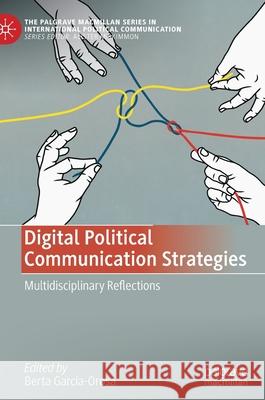Digital Political Communication Strategies: Multidisciplinary Reflections » książka
topmenu
Digital Political Communication Strategies: Multidisciplinary Reflections
ISBN-13: 9783030815677 / Angielski / Twarda / 2021 / 252 str.
Digital Political Communication Strategies: Multidisciplinary Reflections
ISBN-13: 9783030815677 / Angielski / Twarda / 2021 / 252 str.
cena 603,81
(netto: 575,06 VAT: 5%)
Najniższa cena z 30 dni: 539,74
(netto: 575,06 VAT: 5%)
Najniższa cena z 30 dni: 539,74
Termin realizacji zamówienia:
ok. 16-18 dni roboczych.
ok. 16-18 dni roboczych.
Darmowa dostawa!
Kategorie BISAC:
Wydawca:
Palgrave MacMillan
Seria wydawnicza:
Język:
Angielski
ISBN-13:
9783030815677
Rok wydania:
2021
Wydanie:
2022
Numer serii:
000904782
Ilość stron:
252
Waga:
0.48 kg
Wymiary:
21.01 x 14.81 x 1.75
Oprawa:
Twarda
Wolumenów:
01
Dodatkowe informacje:
Wydanie ilustrowane











